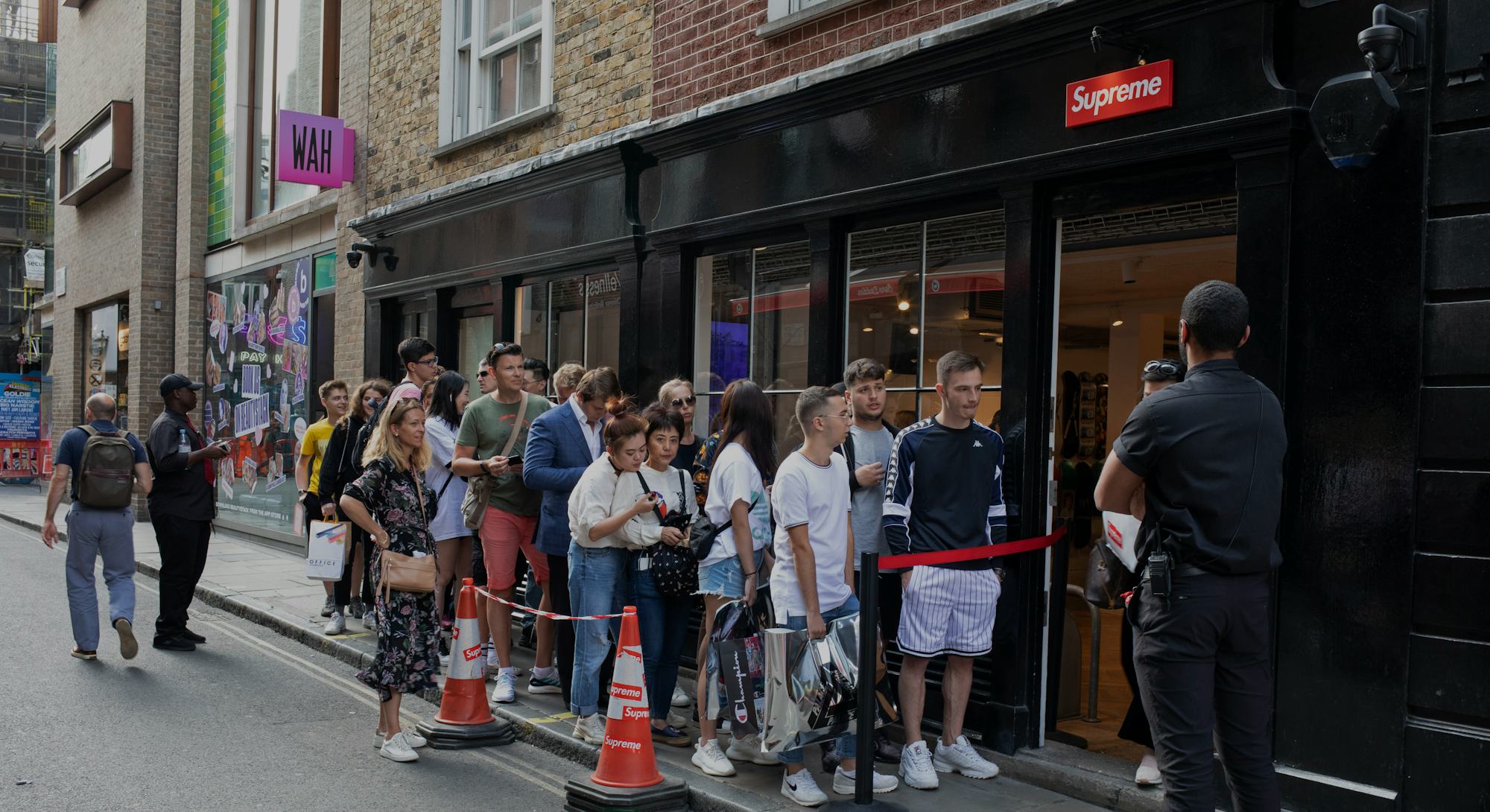Style
Could COVID-19 add hype culture to its casualties?
With global consumerism in crisis for the time being, trend chasing and fast fashion may have reached their end.

The coronavirus pandemic has upended the global fashion industry for at least the next year, but it could also drastically change the way we shop well into the future.
Increasingly so, it's becoming clear that the state of the world is hitting both our ability and our desire to splurge on certain goods in the way that we once would. Many are re-evaluating their relationship with luxury and clout, amplifying a future of minimalism.
History has shown us that times of crisis unearth renewal. The aftermath of the bubonic plague in Italy fueled the Renaissance, while World War II drew women into the workforce and minorities into the military, leading to the equal and civil rights movements. Currently, COVID-19 is sparking its own age of rebirth within America, simultaneously cultivating the dread and hope of a fresh start within the fashion industry.
Fashion wants us to be buying non-stop, forgetting about what we already have and lusting after things that we don't. But there’s nothing like a pandemic to make people prioritize life experience over their twentieth pair of sneakers. Hopefully, in the coming months, we can finally address fashion’s sustainability problem. It’s worth asking: Among its many casualties, human and corporate, will coronavirus also kill hype culture?
Hunting the hypebeast
A report from the Business of Fashion and McKinsey and Company laid out the potential future effects of the pandemic, predicting the fashion sector overall could shrink by up to 30 percent over the next year or so, while luxury goods will be hit even harder. The sector is predicted to contract by more than 40 percent year-on-year.
While the government has kept stores and malls open for shopping, many stores have barely kept afloat, with others completely shutting down. Mass bankruptcies have plagued stores like J.Crew, Neiman Marcus, JCPenney, and Lord & Taylor, proving devastation to those involved in just about every area of the supply chain.
Black Lives Matter protests and social media activism helped unveil the fashion industry’s toxic corporate culture and wasteful habits.
An interesting point made by the report suggests a future shift away from purchasing goods based on “hype,” or branding and exclusivity. “Many consumers will be looking for so-called ‘investment’ pieces — minimalist, last-forever items, that feel more responsible given the state of the world,” the report reads. After Black Lives Matter protests and social media activism helped unveil the fashion industry’s toxic corporate culture and wasteful habits, many consumers desire to shop smaller and more sustainably. The mentality directly contrasts hype culture, a relentless cycle of drops, collabs, pop-ups, shows, and designer appointments.
Despite this, consumer demand for both fashion or luxury goods hasn’t disappeared entirely — or apparently, at all. Sneaker resale site StockX reported its best year yet, with sales boosting the company's value to $2.8 billion. Competitor GOAT, which also resells luxury clothes and items, garnered a $1.75 billion valuation this year. The resale market is booming like never before. While traditional sneaker brands rely more on physical stores, all resale drops happen online, giving everyone access to highly-anticipated streetwear.
Capital pouring into the market may come partly from unemployment checks and government-issued stimulus money given out during the pandemic, or simply from those seeking retail therapy. Plus, because of hype culture, resale pieces are considered investments, depending on their initial value, exclusivity, and model. But as the pandemic worsens, resale sites and their users seem increasingly out of touch with reality.
Consumption bulimia
The problem with hype culture is that the more people tune in, the faster it progresses. Fast fashion has created a cycle of endless consumption — it’s newness for the sake of newness, or buying for the sake of buying. Even with the pandemic at large, brands are asking us to upgrade our loungewear and perfect our work-from-home looks. Shopping has become an essential part of modern life, and clothes are practically sold with a built-in expiry date. If the fashion industry is to actually change, we need to address consumerism itself, rather than shopping for more “conscious” collections.
Seeing as COVID-19 has already had an impact on mainstream celebrity culture, hype culture may not be far behind. Most consumers don’t have the money to keep up with the latest celebrity style, nor do they appreciate the flex in a year where the unemployment rate hit a high of fourteen percent. Instead, people are starting to look for pieces that make them feel good and can be worn more than twice.
[B]rands are asking us to upgrade our loungewear and perfect our work-from-home looks.
Hype culture now seems distasteful in its indulgence, and while many are making the switch to slow fashion, that number is not enough to create overall change after the pandemic. As a civilization, we are remarkably good at both rebuilding and closing our eyes to potential disasters. Each and every time humanity gets out from under a crisis and the question of satisfying basic needs becomes less immediate, the question of satisfying emotional needs grows in importance — and there’s nothing like the newest drop to quench your thirst.
The industry can’t change overnight and neither can we, but we can reshape our perspective that newer is better. The further we transform our mindsets regarding our own habits, the faster change will come about. And while coronavirus won’t put a stop to hype culture or our cycle of conspicuous consumption, we should consider making more from less. There’s an opportunity here to walk away from fashion’s exhausting culture of overconsumption. Let’s not throw it away.